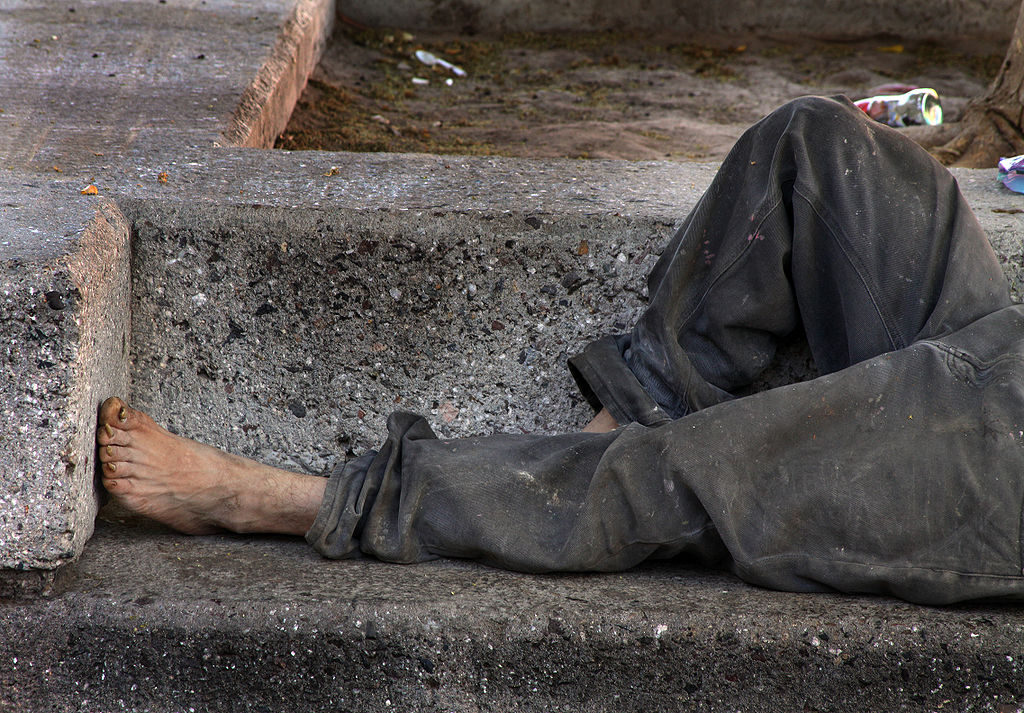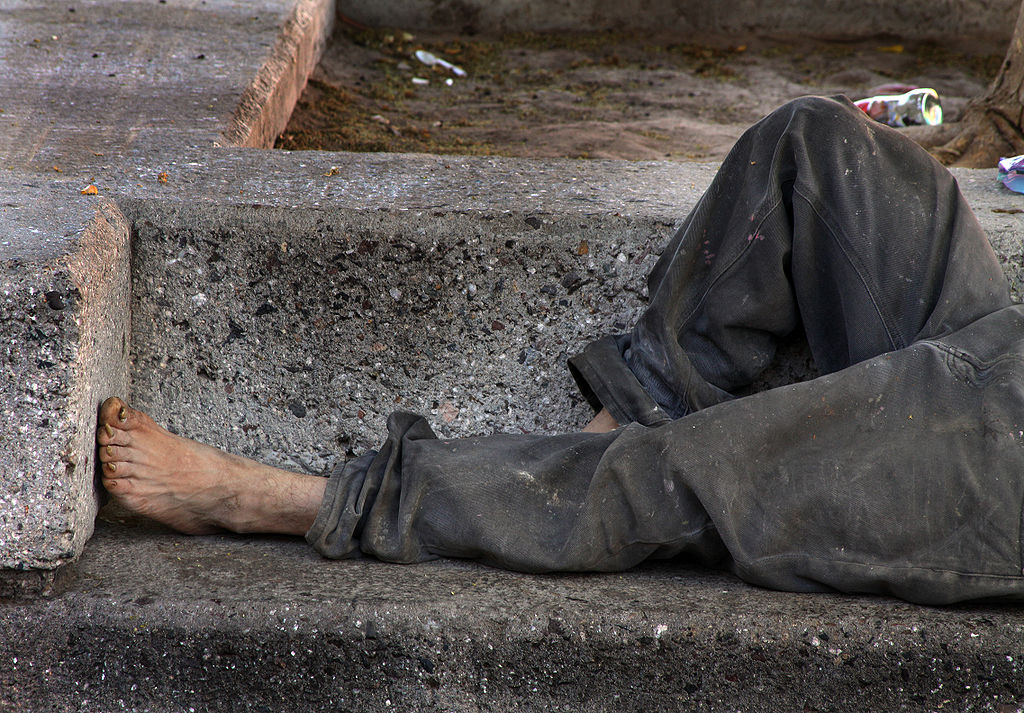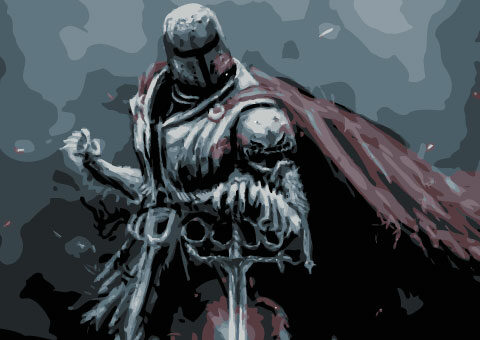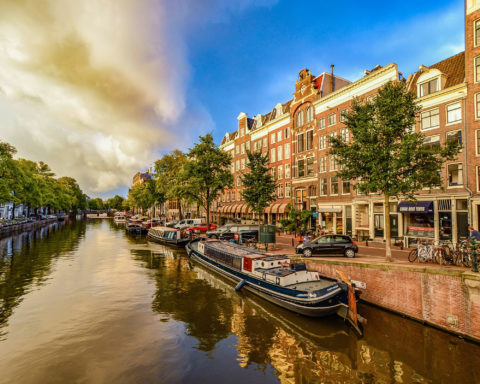
Once a day, around noon, an old white Ford van pulls into the alley and parks in the lot of the apartment buildings.
Jerry serves between forty-five and sixty meals a day. He calls his mobile ministry “Java for Jesus,” and although he is not connected to any particular religion, Jerry does operate on faith. Most of the food Jerry serves comes from the local food bank and the Salvation Army, and the other costs are supported by donations. He never asks for money, but he manages to get by with help that comes in unexpected ways.
Jerry says that whenever he has a need, it is somehow met. On one particular day, he had plenty of hot dogs to cook for the hungry, but no buns, and no money to buy them. Just as he was about to serve the hot dogs, a man stopped at the van and told Jerry he had twelve dozen hot dog buns in his car, left over from an event held the previous evening. Did Jerry want them?
Along with the meals Jerry cooks and serves, he often gives away goods that he stocks in the van. Most popular are socks. Many of the homeless have no way to do laundry, and new socks are always welcome. He has blankets and other clothing and occasionally is able to offer donated sleeping bags and tents. He has been working on the old bus parked in his driveway for four years, a vehicle large enough to accommodate both a soup kitchen and more supplies, but it isn’t yet ready. With all of its riches, the town doesn’t have a homeless shelter. A church offers shower facilities, and Jerry offers food. He would like to open a shelter and set up a system for day laborers. The homeless are often put on a bus and sent elsewhere. No sense cluttering up the view with them.
Many of the people Jerry serves are drug and alcohol abusers, and he says that meth use is wreaking havoc on poor families. He notes that many of his clients aren’t really homeless, “just houseless.” Some live in their cars, while others have set up small camps. Some survive as mountain men, living off the land and fishing. Jerry serves hitchhikers who are passing through. He wishes that more working people and businessmen would come for a free lunch so that they could see the need and meet the needy.








![By Toby Hudson (Own work) [CC BY-SA 3.0 or GFDL], via Wikimedia Commons](https://www.greylockglass.com/wp-content/uploads/2016/09/cantaloupesjpg-480x290.jpg)









You must be logged in to post a comment.